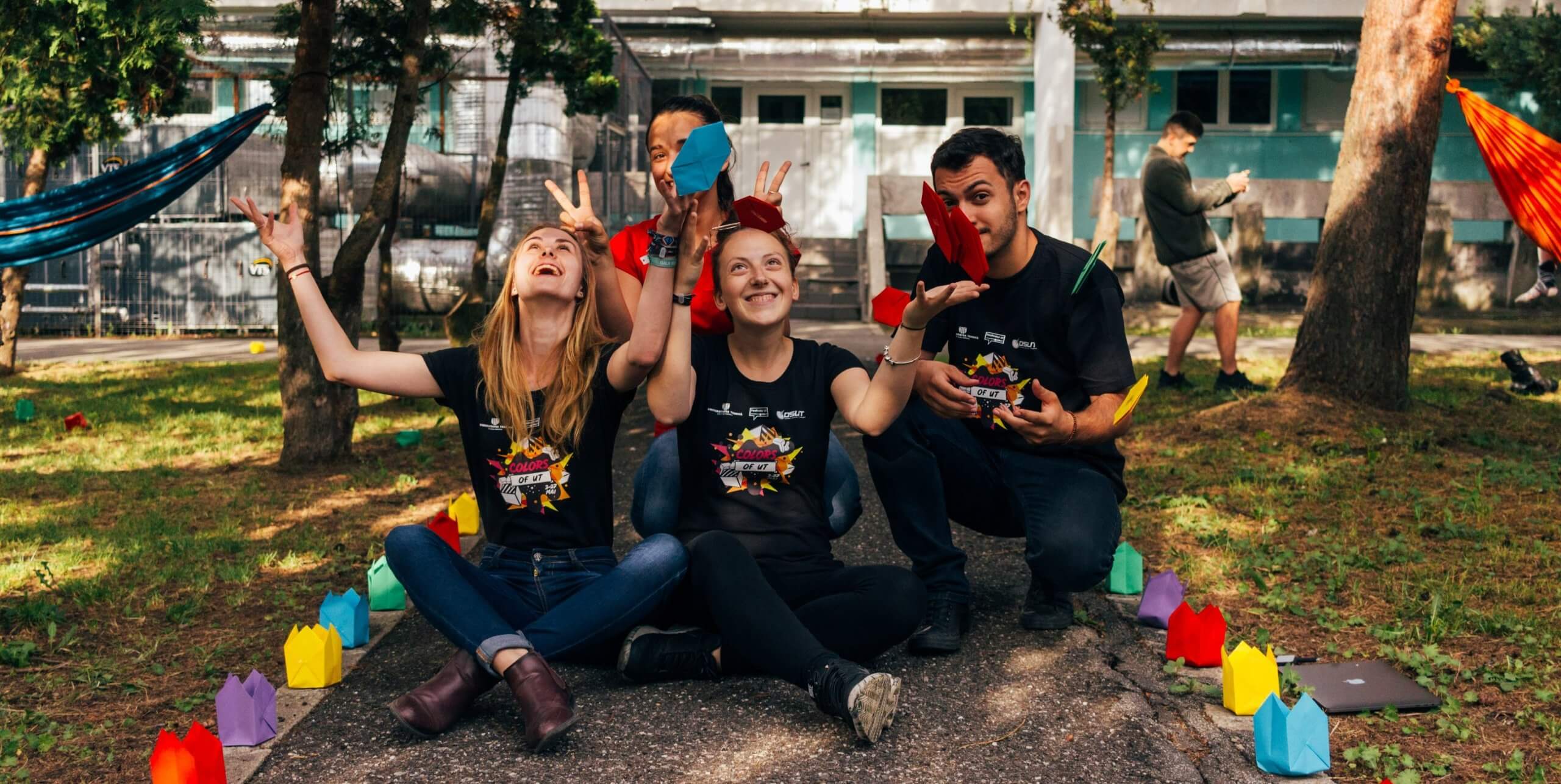– Hana, a student in Maryland

Dave, a UPenn admissions interviewer, told us that students who’ve only done solitary activities concern him.
Most people believe that U.S. college admissions rewards extroverted, charismatic leaders. The thought process is simple: if you can inspire change and enlist others in your vision as a high schooler, you’ll be even more prepared to make bigger differences in college.
Colleges who recruit and churn out charismatic leaders can then claim a piece of their success when they eventually make big money, hold public office, or make a fortune with their new invention. This, in turn, garners colleges more international recognition, donations, and prestige.
Forbes’ college rankings, for example, take into consideration the number of alums featured in personal ranking like the annual 30 Under 30 list. Making it onto one of these lists depends on gaining votes and nominations from others — rewards that come from social respect when you socialize with others.
While not everyone feels comfortable joining clubs, socializing with people is an absolutely crucial skill you need to develop to succeed in American society. Your family, friends, workplace, place of worship will depend on your ability and willingness to participate and communicate in-person. It might take time, but you cannot write it off as just a personality issue. Every personality type can interact with and impact others.
At the same time, everyone needs to stay true to their authentic selves. If interacting with others harms your mental health, there are some ways to show your crucial ability to socialize while not overwhelming yourself.
Here are my 3 suggestions for students who struggle with socializing:
- Don’t join an existing club. Admissions officers aren’t trying to see if you know how to join a club and follow directions. They’re trying to see what you actually like and care about.


What suggestions do you have for students with trouble socializing and struggle joining clubs with many people?